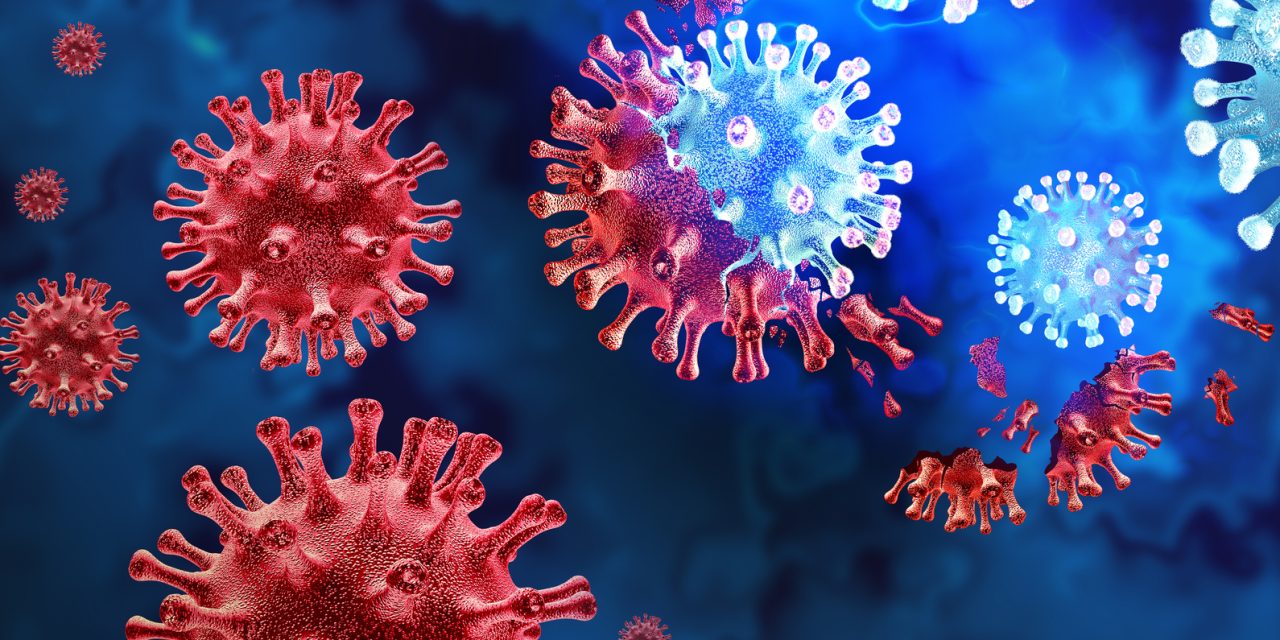Solid tumors are abnormal tissue mass that may or may not be cancerous. In patients with controlled HIV-1 infection, the use of durvalumab, a humanized monoclonal antibody, is found to be safe and feasible. This study aims to investigate the feasibility and safety of durvalumab for the treatment of solid tumors in HIV-1 patients.
This is a non-randomized, open-label, phase-2 clinical trial that included a total of 20 HIV-1 patients with advanced cancer in which anti-PD-1 and anti-PD-L1 had approved indications. 16 (80%) of the patients were male, and the median age was 54 years. The participants received an intravenous infusion of durvalumab (1500 mg every 4 weeks) disease progression or adverse toxic effects. The primary outcome of the study was the adverse events of durvalumab.
Out of the 20 participants, 12 (60%) progressed with previous cancer treatment lines. Grade-1 and 1 adverse event of the drug, including diarrhea, arthralgia, and asthenia, were associated. Out of the 16 response evaluable patients, 4 (25%) had a partial response, and 5 (31%) had stable disease.
The research concluded that durvalumab was safe in HIV-1 patients with advanced cancer. However, HIV-1 patients on suppressive antiretroviral therapy with advanced cancer should seek cancer immunotherapy treatments.
Ref: https://jamanetwork.com/journals/jamaoncology/article-abstract/2763857?resultClick=1


